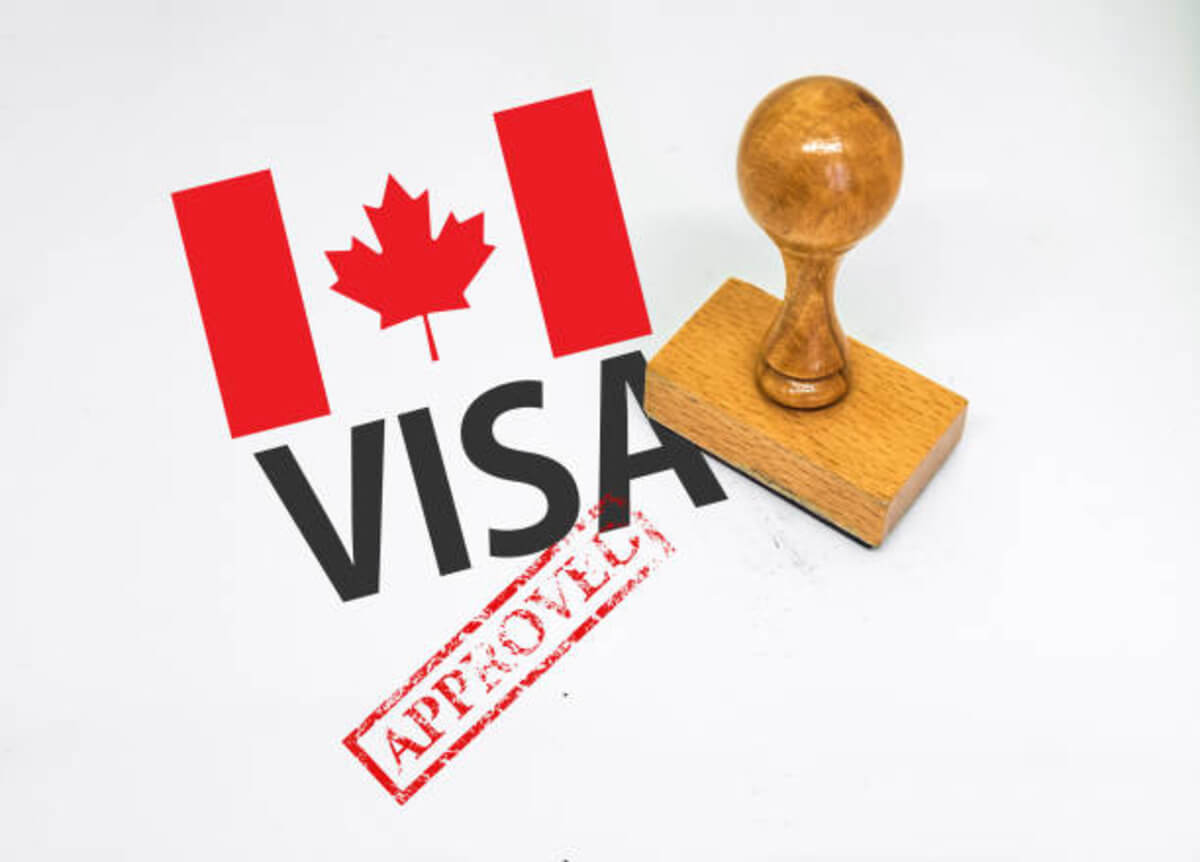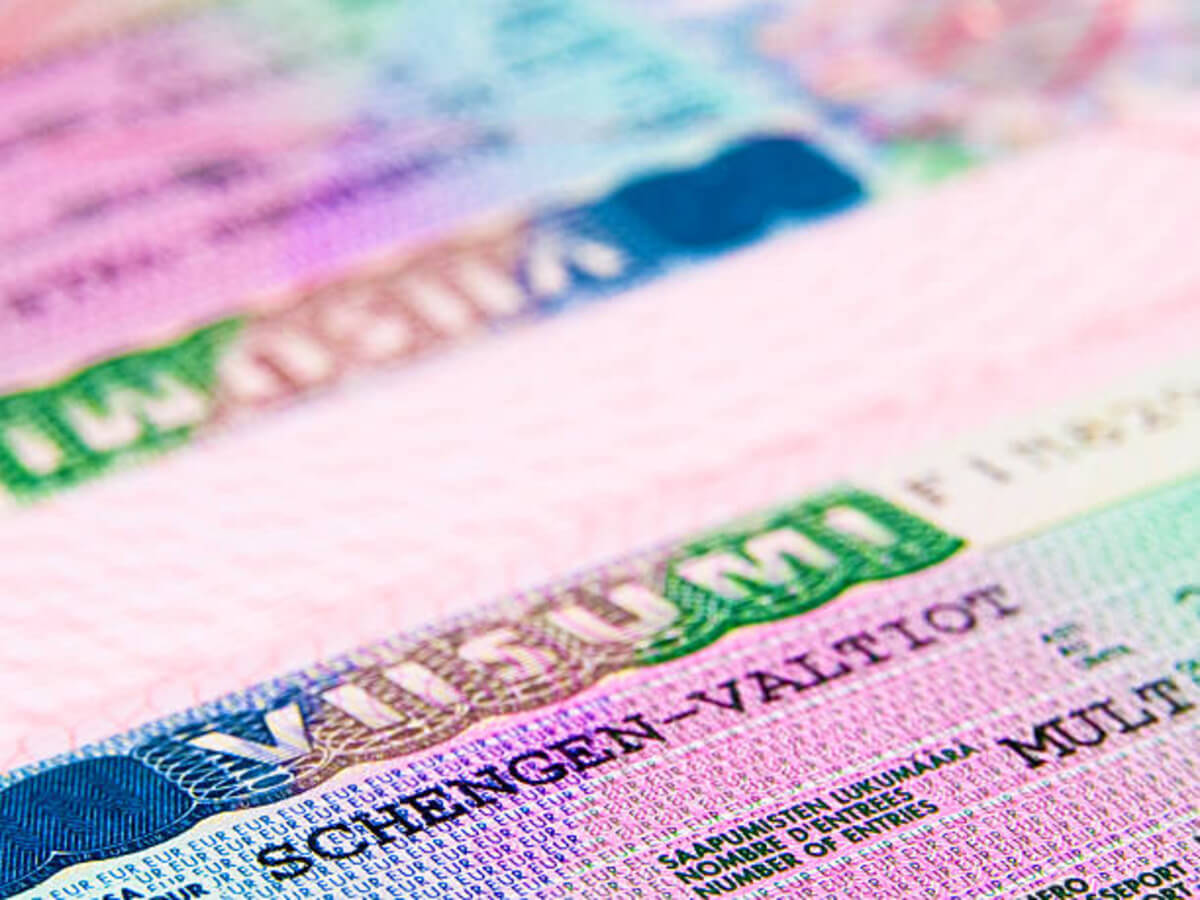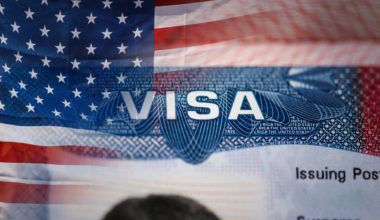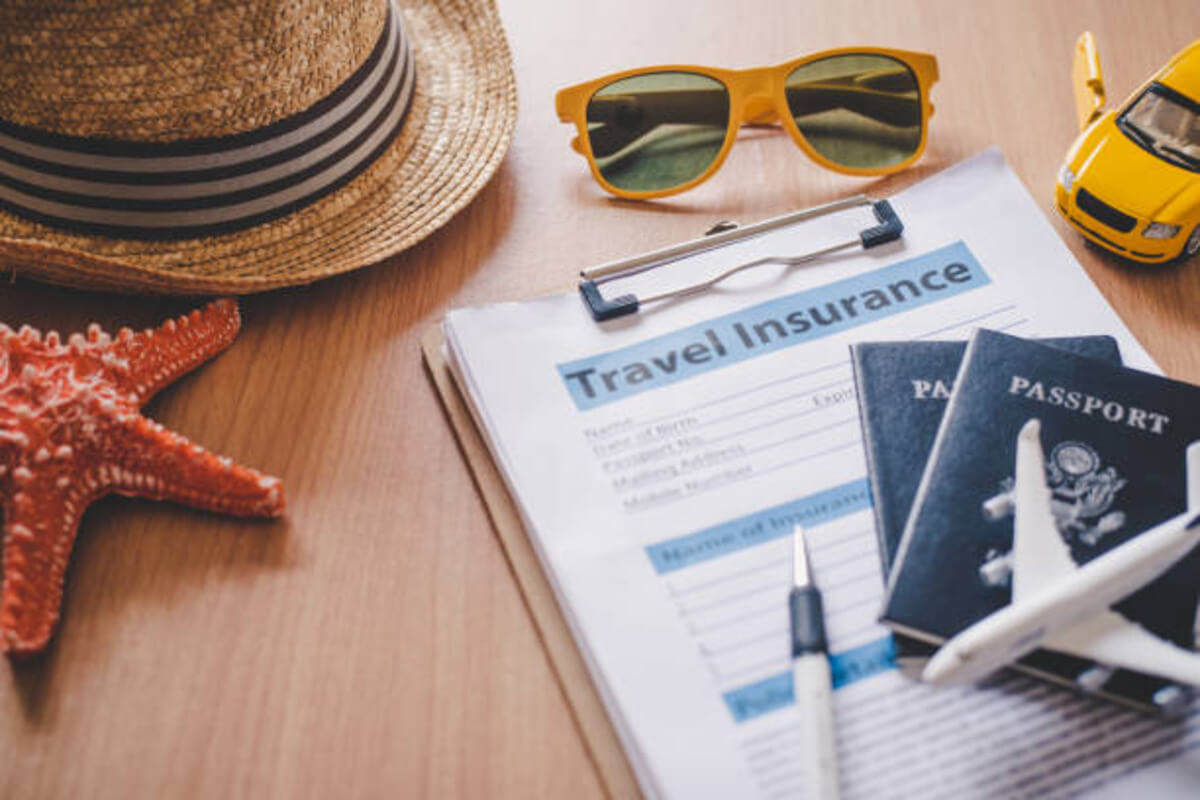If you plan to move to Australia, it is crucial to understand the different visa options available. A sponsor is essential for immigrants seeking to enter the country. An overview of the requirements for obtaining a tourist visa to Australia is provided in this guide. Sponsorship focuses on those who are sponsored by Australian relatives or family members.
The types of tourist visas that are available in Australia
For different needs and situations, Australia offers several types of tourist visas:
- Visitor Visa (Subclass 600):
- A business trip or a tourism trip.
- Approximately 12 months.
- All nationalities are eligible to participate.
- The Department of Home Affairs website is where you can apply.
- Electronic Travel Authority (ETA) (Subclass 601):
- Visits are scheduled multiple times each year for this purpose.
- There is a three-month maximum stay for each stay.
- Applicants must hold a passport from a certain country in order to be eligible.
- An Australian ETA application must be submitted via the app.
- EVisitor (Subclass 651):
- There is a business or tourism purpose.
- The duration of each stay can vary from three to twelve months.
- Passport holders with European passports are eligible to apply for a free visa.
- Online applications are accepted.
Sponsored Family Visitor Visa
Visitor Visa (Subclass 600) holders whose family members in Australia are willing to sponsor your visit may apply for the Sponsored Family Stream. During a visitor’s stay, the sponsor must provide financial and other support.
The following requirements must be met in order to obtain a Sponsored Family Visitor Visa:
- Eligibility of Sponsors: The sponsor must be an Australian citizen or permanent resident who agrees to provide financial support and accommodation to the visitor.
- To ensure that the visitor complies with visa conditions and leaves Australia before the visa expires, the sponsor may require a security bond.
- Sponsor’s Invitation Letter: The sponsor’s invitation letter should include the relationship, purpose and duration of the visit, as well as any financial or accommodation support.
How to apply
- Get started by creating an ImmiAccount on the Department of Home Affairs website. You can manage and track your application through this account.
- Get all the required documentation together, including:
- Valid passports.
- The sponsor’s relationship must be proven.
- A letter from the sponsor inviting you to the event.
- Provide bank statements and financial documents from your sponsors that prove you are financially capable of supporting yourself during your stay.
- Ensure that the visa application form is filled out accurately, providing all the requested information and attaching the necessary documentation.
- Providing biometric data (photos and fingerprints) and demonstrating adequate health insurance coverage are possible requirements.
- Online submission and payment of visa fees: Submit the visa application online. Fees for Visitor Visas (Subclass 600) depend on how long you are staying and how long it takes to process.
- If you receive a visa decision, periodically check your IMMiAccount for updates or additional information. Application processing times vary, so apply well in advance.
Factors to consider
- To qualify for a visa to Australia, you must have sufficient funds to cover your stay. A bank statement, payslip, or financial document from your sponsor can prove this.
- As proof of your intention to return home, provide evidence such as employment letters, enrollment in educational institutions, or property ownership certificates.
- You may need to undergo a medical examination and provide a police clearance certificate to meet Australia’s health and character requirements.
It is important to prepare carefully and understand the requirements before applying for a tourist visa with sponsorship to Australia. You can increase your chances of a successful visa application by following the steps outlined above and making sure all required documents are in order. In this way, you can enjoy your trip to Australia with your sponsor. You should always refer to the Department of Home Affairs website for the most accurate and up-to-date information.





